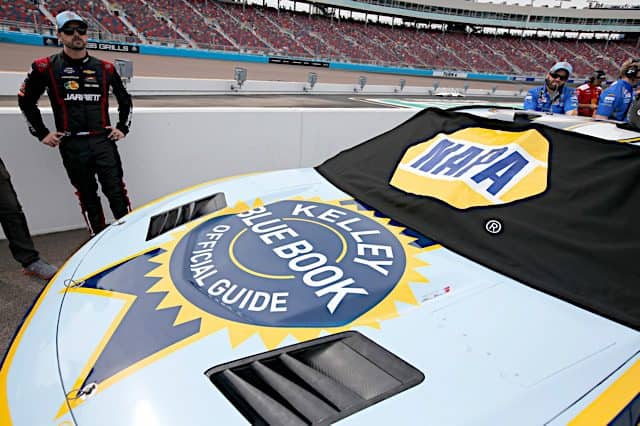On Wednesday (March 29), the National Motorsports Appeals Panel announced its decision regarding the penalty handed to Hendrick Motorsports after NASCAR confiscated louvers during the Phoenix Raceway race weekend.
The governing body took the louvers believing that HMS had doctored what is a sourced part and not to be altered.
The original penalty came down like a sledgehammer for each car: $100,000 fine; loss of all four crew chiefs for four races; docked of 100 championship/owner points and the loss of 10 playoff points each.
The penalty was meant to send an overwhelming message that tinkering with parts coming from a supplier was the ultimate no-no. The race teams did not get a slap on the wrist but a severe schoolyard thrashing.
As is the natural order of events, HMS appealed. And today, the NMAP neutered NASCAR.
In what is an unlikely outcome, the NMAP found that HMS had altered the parts, finding them guilty, but rescinded the points penalties while keeping the monetary and crew chief elements intact. Aside from having all aspects of the punitive measures dropped, this outcome is about as good as it gets for HMS – which may be bad for everyone else.
To start, NASCAR looks weakened in its ability to levy penalties.
Dropping monetary fines has been a common part of the usual process whenever NASCAR wants to tell a driver, team member, or team to take a time out. The points, however, have been the vital ingredient all along. Points place a driver in or out of the playoffs.
Points matter in the end-of-the-year standings, which is tied to how season-ending monies are distributed.
Alex Bowman jumped to first in the points standings by getting back his lost points. The season may be only six races old, but sitting in first goes a long way to claiming the regular-season championship, itself coming with a monetary bonus.
With the NMAP indicating that NASCAR was correct in going after HMS but wrong in how it penalized the juggernaut organization, it opened up a different set of issues. One of the first concerns would be that other teams might feel emboldened to work on single-source parts if they feel that the major retribution comes in the form of monetary fines.
They could even look at it in a pay-to-play way and think of it as remuneration.
But given that most teams are not cash-rich, this idea may be left to the bigger teams.
The bigger teams is part of the bigger issue here, and…
Click Here to Read the Full Original Article at …

